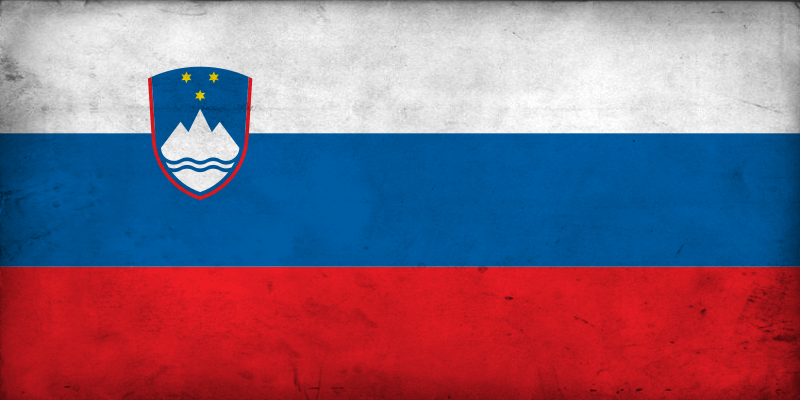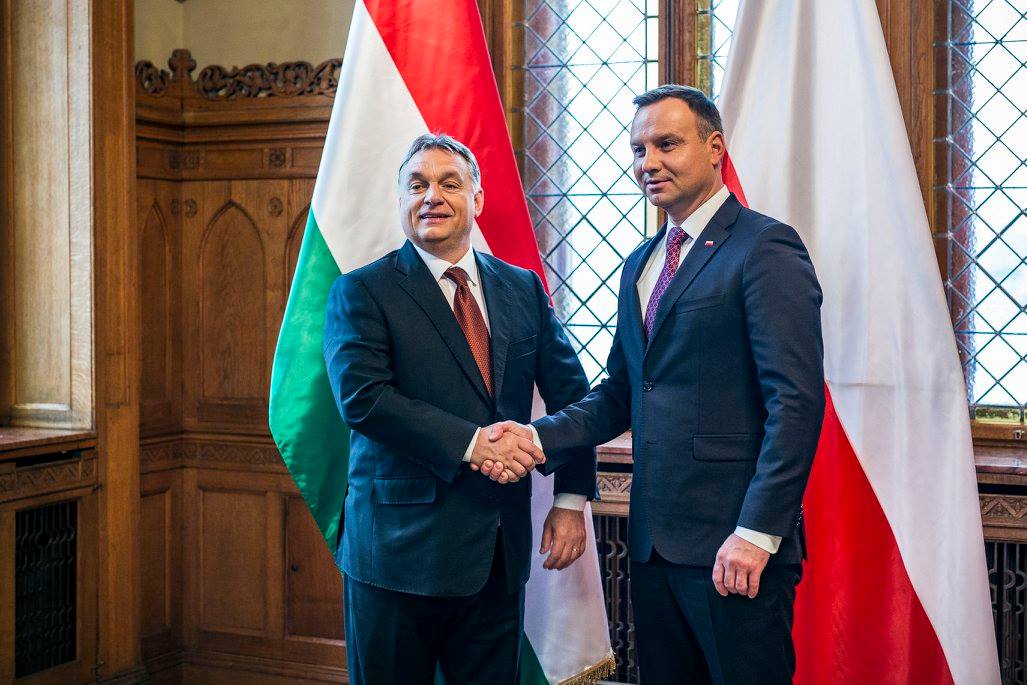Austria, Vienna – Ministers from 15 countries gathered in Vienna on Wednesday, February 8, in order to find a common way to put an end to the illegal immigration in the Balkans and Central Europe.
Representatives from Austria, Hungary, Bulgaria, Czechia, Croatia, Poland, Romania, Slovakia, Slovenia, Albania, Bosnia, Montenegro, Macedonia, Serbia, Kosovo, and Greece, as well as officials of the Central European Defence Cooperation took part at the meeting.
Countries along the Balkan migration route agreed on Wednesday to seal the already hard borders and prevent a possible new surge of people trying to reach wealthy EU countries. Since the countries on the Balkans’ route already secured their borders a year ago, the number of illegal immigrants has dramatically dwindled, but hundreds of migrants still try each month to take this route.
A plan to plug the remaining gaps on the route from Greece to Austria and Germany is to be drawn up by April, defence and interior ministers from affected countries decided at a conference in Vienna.
The agreement anticipates the potential collapse of the EU‘s deal with Turkey to keep migrants and refugees.
“We here have the perfect tool to prepare something that is really needed and that thing is a Plan B for the situation when the EU-Turkey deal fails and for that we should be prepared,” said Czech Deputy Defence Minister Jakub Landovsky.
Defence Minister Hans Peter Doskozil of Austria, which has taken the lead in organising a regional response to the migrant crisis, said it would have preferred a fully fledged EU response to the issue, but added: “We won’t wait any longer.”
“The western Balkan route is still not as closed as it should be,” Doskozil said. “Austria is ready to offer countries both inside and outside the EU [the deployment of Austrian troops] not only for humanitarian reasons, but also for the protection of their borders, if these countries ask us to do so and we have sufficient capacities,” he announced.
“Hungary’s victory”
Hungary announced on Thursday, February 9, that she’ll put and end to the 8km rule by which she brought the illegals caught within 8km from the border, to the other side of the border. Now, any illegal caught in Hungary will be immediately and automatically deported from the country, said János Lázár, the Minister of the Prime Minister’s Office.
János Lázár said at his press conference that Hungary sees the Schengen 2 project as a positive major step forward. Camps will be established in Lybia, where the asylum applications will be made for now on; and people caught or saved in the sea should be brought back to these camps instead of brought to Europe. For Hungary, this is seen as the victory of her position.
Also, Hungary will make container facilities where migrants will be detained as long as a decision will not be made by authorities for their case.
“Hungary has, from the beginning, stressed that illegal migration must be stopped; the EU’s largest members now share that position,” Hungarian State secretary Kontrát said.




